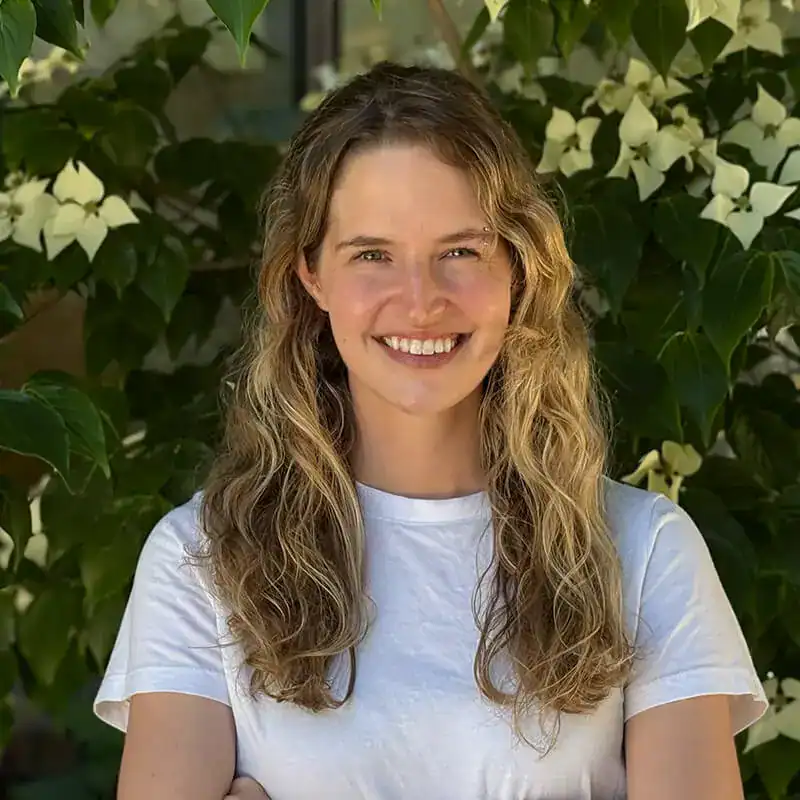Nucleic acid sensing is a critical immune defense that detects foreign genetic material from viruses or damaged cells. While this process helps fight infections and cancer, it must be tightly regulated, especially in sensitive tissues like the brain. Uncontrolled nucleic acid sensing in infancy can cause catastrophic neurological damage, as seen in conditions like Aicardi-Goutières Syndrome (AGS), yet how this system is normally kept in check remains unclear.
Dr. Kristen Witt aims to uncover how nucleic acid sensing is regulated in the brain and why its misregulation causes such severe damage in infancy. Her work will generate a new mouse model of AGS and use developmental mapping and molecular profiling to pinpoint how and when nucleic acid signals are controlled. “This research will provide insight into neurological disorders linked to nucleic acid sensing,” she explains, “and inform how to therapeutically modulate nucleic acid sensing to treat cancer.”
Dr. Witt’s scientific journey began at Harvard Medical School, “motivated by my love for science and desire to help people”. She trained in viral immunology and innate immunity, first studying HIV envelope proteins at the Dana-Farber Cancer Institute and then investigating inflammasome regulation at Boston Children’s Hospital. In graduate school at UC Berkeley, she illuminated exciting new roles for a protein called SP140 in regulation of antiviral immunity, a new regulator and regulatory mechanism of interferon, and a fascinating host-virus arms race in the nucleus. Now as a postdoctoral fellow, Dr. Witt’s research focuses on how nucleic acid sensing is regulated in the developing brain and ho
Sponsor
Daniel Stetson, PhD
Research Focus
Neurological disorders, nucleic acid sensing, immune defenses
Projects and Grants
Regulation of nucleic acid sensing in the central nervous system

